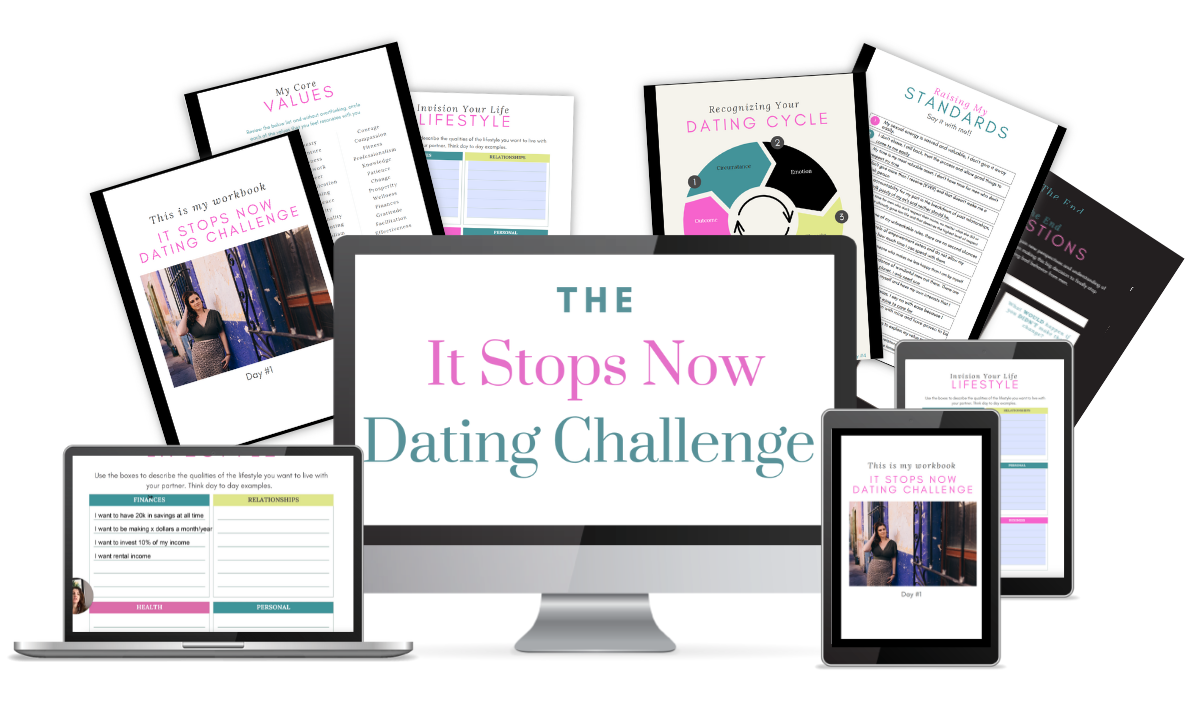Ep. 59/ Triggers are your responsibility and here’s how they can change your life
While triggers may be inevitable, how we respond to them is within our control.
“Love is like the wind, you can’t see it but you can feel it.” – Nicholas Sparks
The word "trigger" often gets used in a victim mindset. It implies that external forces or events are causing us to react uncontrollably. But the truth is, a trigger is merely our internal response to an external event or situation. It's how we perceive and process what happens around us. And once we're triggered, our thoughts follow, trying to explain our emotional reactions.
LISTEN NOW 👇
Recently, a friend of mine shared an experience with me. She noticed that her boyfriend had been going to bed early for the past few days and would only send a simple text saying, "I'm going to bed early." Her reaction was a mix of frustration and suspicion. She found herself questioning whether he might be with someone else, based on past experiences where she'd been cheated on.
As her friend, I reassured her that her boyfriend was not doing anything wrong. Instead, she was experiencing an emotional response triggered by her past. She acknowledged that it was her issue to resolve and not something he was causing intentionally. So, how can we navigate these triggers and ensure they don't harm our relationships?
1. Communicate Your Needs
If you find yourself triggered by a particular situation, the first step is self-awareness. Understand that your emotional response is your responsibility. However, if there's something that your partner can do to help you feel more secure or connected, don't hesitate to communicate it. Share your feelings and what you need to feel supported in the relationship.
For instance, my friend could ask her boyfriend for more communication throughout the day or a quick FaceTime call before bedtime. These requests are not about suspicion but rather about strengthening the connection and regulating her nervous system. It's important to voice your needs to create a healthy dynamic in your relationship.
2. Challenge Your Stories
Triggers often come with narratives or stories that we attach to certain situations. These stories can perpetuate our emotional responses and lead to unnecessary anxiety or fear. It's crucial to challenge and reframe these narratives.
For example, I shared my own experience with earthquakes. Every time an earthquake occurs, I had convinced myself that it was going to be a catastrophic event. But in reality, most earthquakes are minor and harmless. By reminding myself of this fact and reframing the story, I can start to manage my fear and anxiety surrounding earthquakes.
3. Seek Support and Guidance
Navigating triggers can be challenging, and you don't have to do it alone. Seek support from friends, family, a therapist, or a coach who can help you work through your triggers. Talking about your feelings and experiences can provide valuable insights and offer new perspectives.
Remember that your triggers are not permanent. With self-awareness, communication, and a willingness to challenge your stories, you can regain control over your emotional responses and create healthier, more harmonious relationships.
In conclusion, recognize that your triggers are your responsibility and use them as opportunities for self-growth and understanding. By communicating your needs, challenging your stories, and seeking support, you can rewrite your narrative and build stronger, more resilient relationships.
So, embrace the power to transform your triggers and take charge of your emotional responses. With this awareness, you can live a more empowered and fulfilling life.
Join The FREE Dating Challenge To Start Attracting Your Aligned High Value Masculine Man!!
This challenge will walk you through how to unlock your feminine attraction superpower by healing insecure attachment styles, tapping into your feminine energy and raising your standards.
In doing this you will become magnetic to high value masculine men, attracting your aligned soulmate.
**This post is based on personal experiences and observations and should not substitute professional counseling or therapy. If you're facing significant emotional distress, consider seeking guidance from a licensed mental health professional.





